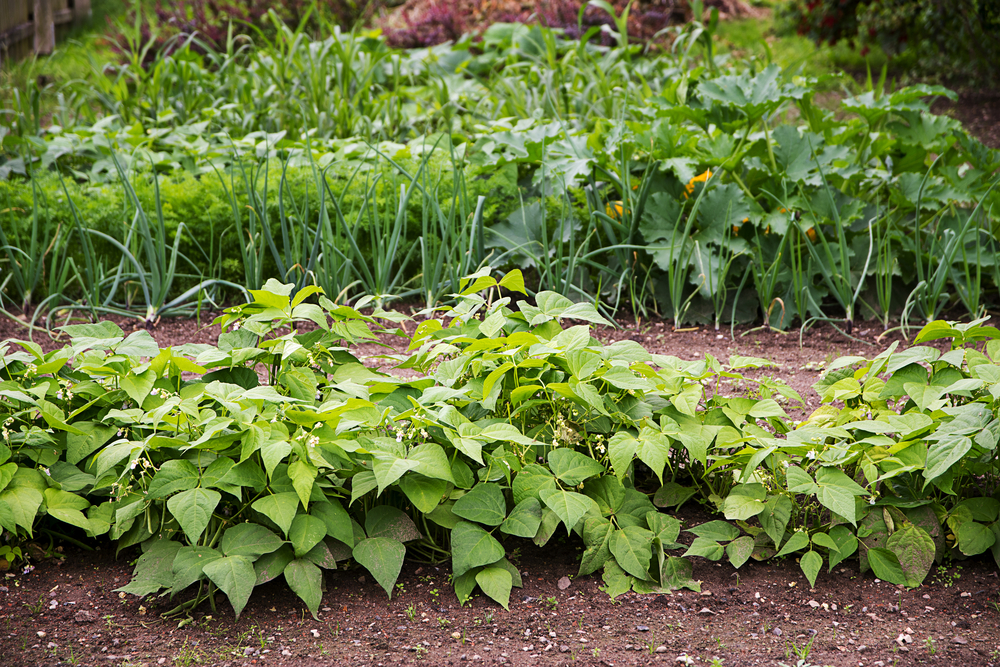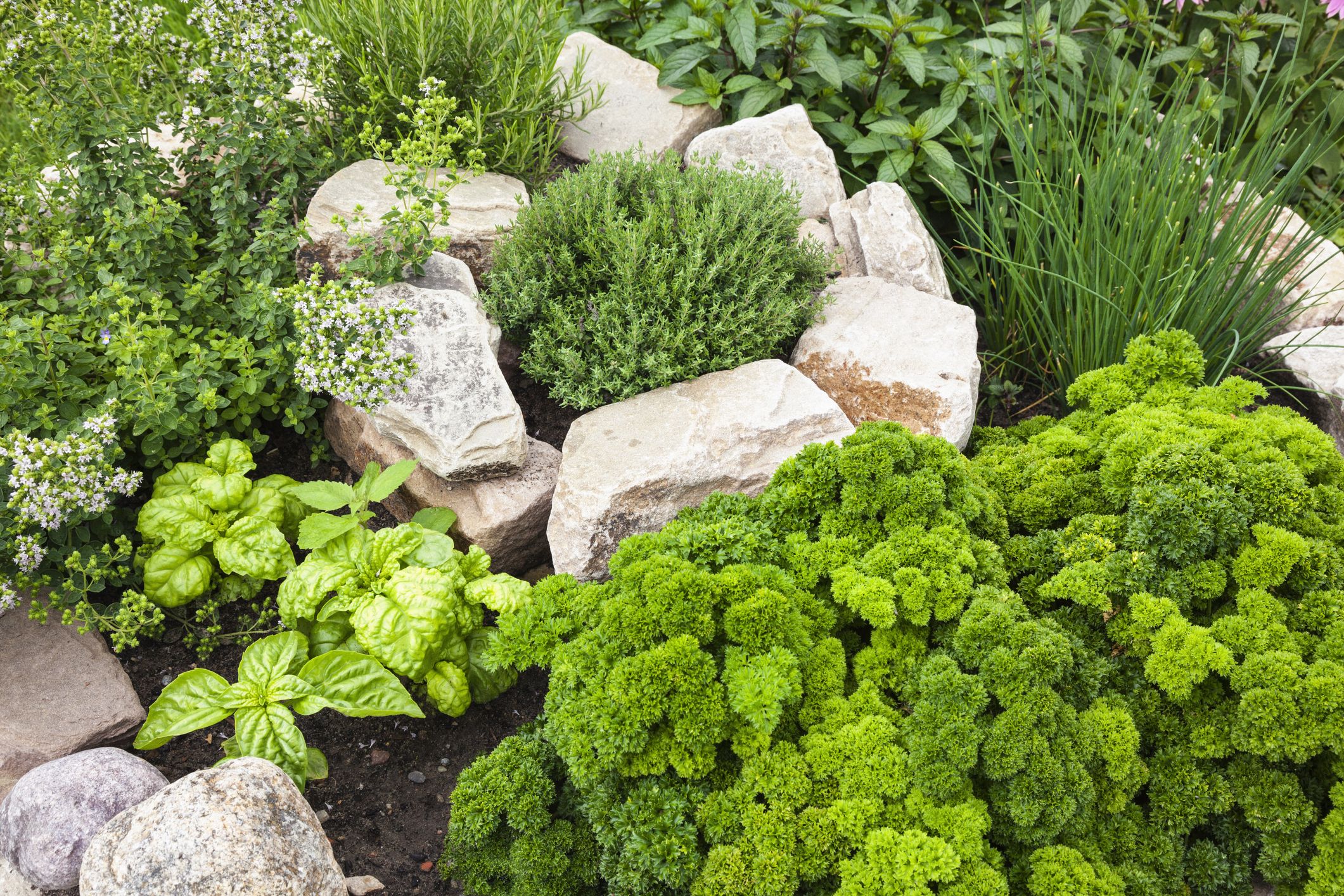Beneficial Your Peppers to Excellence: Deciphering the Secrets Behind the Finest Fertilizers for Optimum Plant Health And Wellness
Are you aiming to expand the juiciest, most delicious peppers? Look no more! In this post, we'll discover the tricks behind the finest fertilizers to accomplish optimum plant health and wellness. From recognizing the significance of dirt nutrients to understanding the application techniques, we'll assist you every action of the means. Whether you choose natural or artificial fertilizers, we've obtained you covered. Prepare to nourish your peppers to perfection and enjoy the abundant incentives!
Importance of Dirt Nutrients

Among one of the most crucial dirt nutrients is nitrogen. Nitrogen is accountable for advertising leaf and stem growth. It is essential for the manufacturing of chlorophyll, which is needed for photosynthesis. Without adequate nitrogen, plants will certainly have yellowing leaves and lowered general vigor.
Phosphorus is an additional important nutrient for plant growth. It plays an essential function in power transfer and is required for the development of solid roots and blossoms. Phosphorus deficiency can bring about inadequate root development and reduced blooming, eventually influencing crop yield.
Potassium is important for controling water uptake and improving plant resistance to pests and illness. It additionally adds to the overall high quality and preference of the crops. An absence of potassium can cause weak stems, bad fruit growth, and enhanced susceptibility to illness.
In enhancement to these main nutrients, plants additionally call for additional nutrients like sulfur, calcium, and magnesium, as well as trace elements like iron, manganese, and zinc. Each nutrient has a details feature in plant development and growth, and a deficiency in any of them can have detrimental impacts on plant wellness.
Understanding NPK Ratios

The NPK ratio is a representation of the percentage of these three nutrients in a plant food. A fertilizer with an NPK proportion of 10-10-10 contains equivalent amounts of phosphorus, potassium, and nitrogen.
However, it is necessary to note that the specific NPK proportion needed might vary relying on elements such as dirt type, climate, and particular plant demands. Carrying out a dirt test can assist determine the nutrient deficiencies or excesses in your dirt and guide you in selecting the right fertilizer with the ideal NPK ratio.
Organic Vs. Synthetic Fertilizers
You regularly encounter the debate between organic and synthetic plant foods when it comes to beneficial your peppers for optimum plant wellness. Organic fertilizers likewise enhance dirt structure and fertility, advertising helpful microbial task.
On the other hand, synthetic fertilizers are produced chemically and offer nutrients in an easily available form. They are created to supply nutrients swiftly, which can be helpful in specific circumstances, such as fixing severe nutrient shortages. Synthetic plant foods can also lead to vitamins and mineral discrepancies and dirt destruction if utilized exceedingly or incorrectly. They may additionally add to water air pollution otherwise used sensibly.
Eventually, the choice between natural and synthetic fertilizers relies on your particular demands and preferences. Organic plant foods provide long-term soil wellness benefits and are a lot more sustainable in the lengthy run, yet they might not give prompt results. Artificial fertilizers, on the other hand, can supply fast nutrients yet may have negative ecological impacts. It is very important to thoroughly take into consideration these elements and select the fertilizer that ideal fits your values and goals.
Best Fertilizer Application Methods
Proceeding the conversation on synthetic and organic fertilizers, let's check out one of the most reliable strategies for using plant discover here foods to your peppers. Correct fertilizer application is vital for making best use of plant health and yield. The primary step is to determine the nutrient requirements of your peppers. Conduct a dirt test to identify any shortages or inequalities in the dirt. This will certainly aid you select the ideal fertilizer and application rate.
For granular fertilizers, broadcast them uniformly over the dirt surface. Use a spreader to ensure consistent circulation. After spreading, gently rake the fertilizer into the leading layer of dirt to stop runoff and rise absorption. Water the location completely to aid the nutrients permeate the root area.
Foliar splashing involves splashing the plant food straight onto the fallen leaves. When making use of the watering system, dilute the liquid plant food according to the maker's guidelines and use it evenly to the dirt.
Bear in mind to follow the advised application prices to prevent over-fertilization, which can damage your peppers. Normal monitoring and adjusting of fertilizer application is required throughout the best fertilizers for peppers growing period. By using plant foods appropriately, you can supply your peppers with the necessary nutrients they require for healthy development and bountiful harvest.
Supplementing With Micronutrients
To ensure ideal crop health and wellness and yield, it is essential to supplement your peppers with crucial micronutrients. Trace elements are important for the total growth and development of your plants, as they play an important duty in various physical procedures. These nutrients are required in little amounts, yet their absence can badly influence the wellness and performance of your pepper plants.
One of the most important trace elements for peppers is iron. Iron is necessary for chlorophyll synthesis, which is in charge of the environment-friendly shade in plants. Without adequate iron, your pepper plants might develop yellow leaves, stunted development, and reduced fruit production. You can provide your peppers with iron with foliar sprays or soil applications of iron chelates, which are easily available in yard facilities.
One more trace element that plays a vital role in pepper growth is zinc. Zinc is entailed in enzyme activities and is essential for general plant wellness and growth. A shortage in zinc can result in reduced shoot and origin development, along with inadequate blooming and fruit collection. You can provide your peppers with zinc through using zinc sulfate or zinc chelates, either as a foliar spray or dirt application.
In addition to iron and zinc, other essential micronutrients for peppers consist of manganese, copper, molybdenum, and boron. These trace elements are associated with different metabolic procedures and are needed for optimal pepper growth and performance. best fertilizers for peppers. It is vital to consistently keep an eye on the nutrient degrees in your dirt and plants, and make modifications as essential to guarantee your peppers get the needed trace elements for healthy and balanced growth and abundant yields
Final Thought
In conclusion, selecting the appropriate plant food and using it correctly is vital for the health and wellness and performance of your pepper crops. Comprehending the value of dirt nutrients, NPK ratios, and the differences in between natural and synthetic plant foods is key.
On the other hand, synthetic fertilizers are manufactured chemically and provide nutrients in an easily available kind. Artificial plant foods can additionally lead to vitamins and mineral discrepancies and soil destruction if utilized excessively or poorly.Proceeding the conversation on organic and synthetic plant foods, allow's explore the most reliable strategies for using fertilizers to your peppers. By using plant foods correctly, you can provide your peppers with the important nutrients they require for healthy growth and plentiful harvest.
Understanding the importance of dirt nutrients, NPK proportions, and the distinctions between organic and artificial plant foods is look at here now essential.